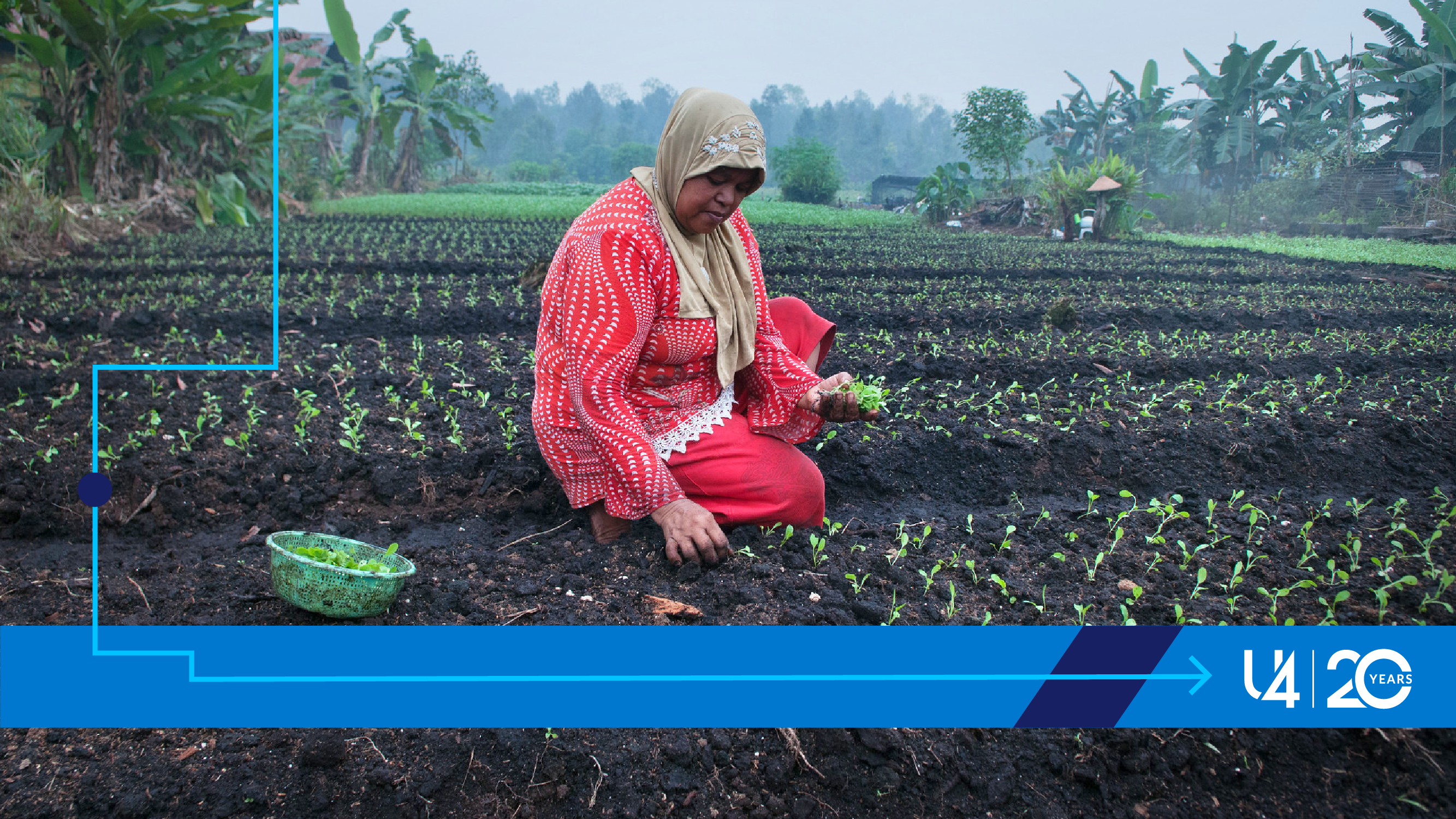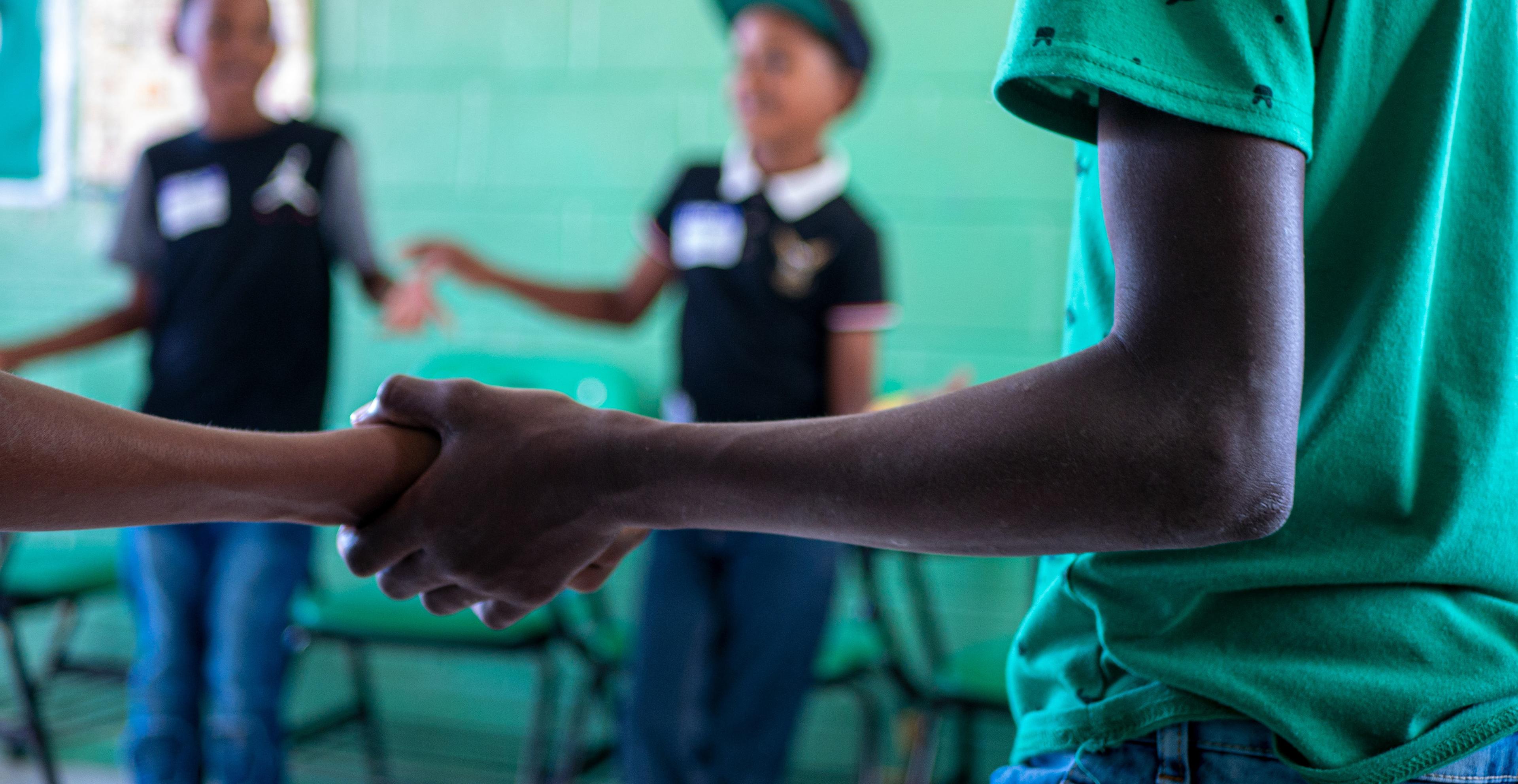Main points
- Integrity training plays an essential role in a collective response to corruption. Evidence shows that such training can be very effective, but what type of training works best under what circumstances is a question that remains underexplored.
- Contrary to received wisdom, it is possible to measure the effectiveness and diverse impacts of training. New tools and approaches are available.
- Embedding training more systematically into efforts to build sustainable peer-support networks offers novel opportunities for impact.
- Learning from experiences in other fields and focussing on strategies for individual and collective empowerment opens up new spaces for inspiration and experimentation.
- A stronger, differentiated focus on gender needs to permeate training design and implementation as well as research and learning.



